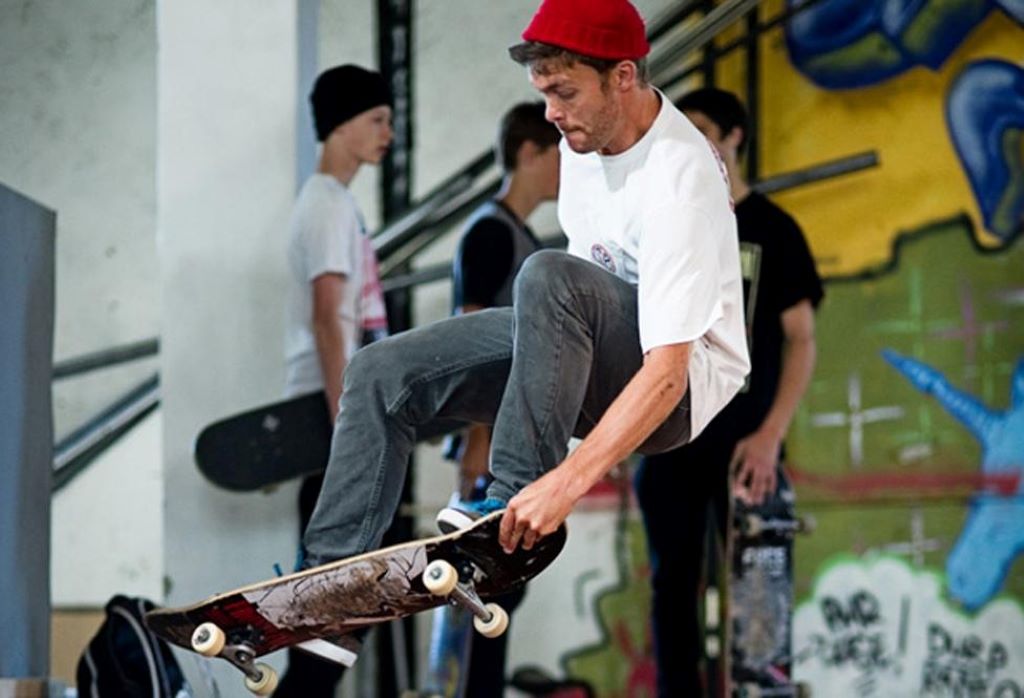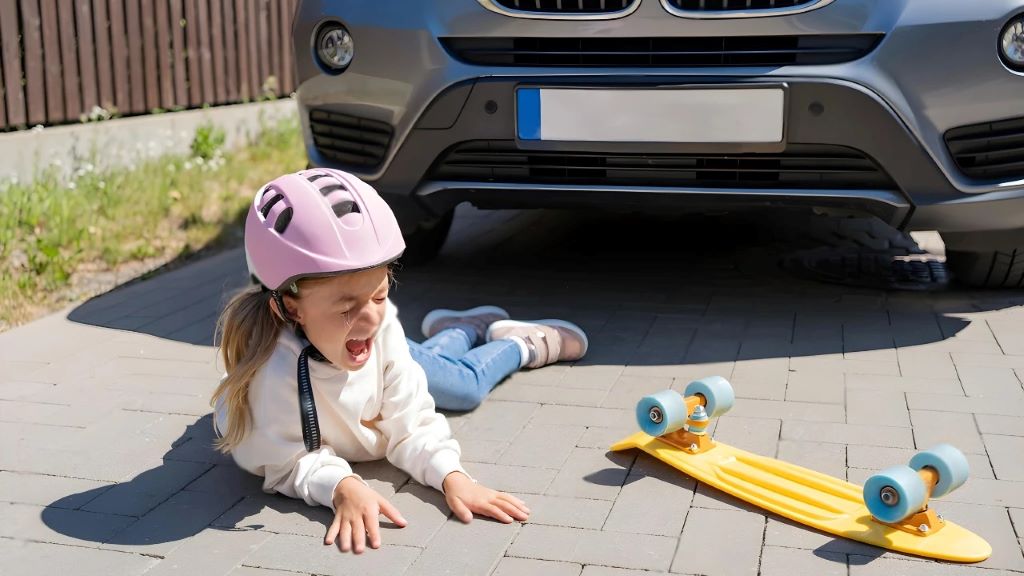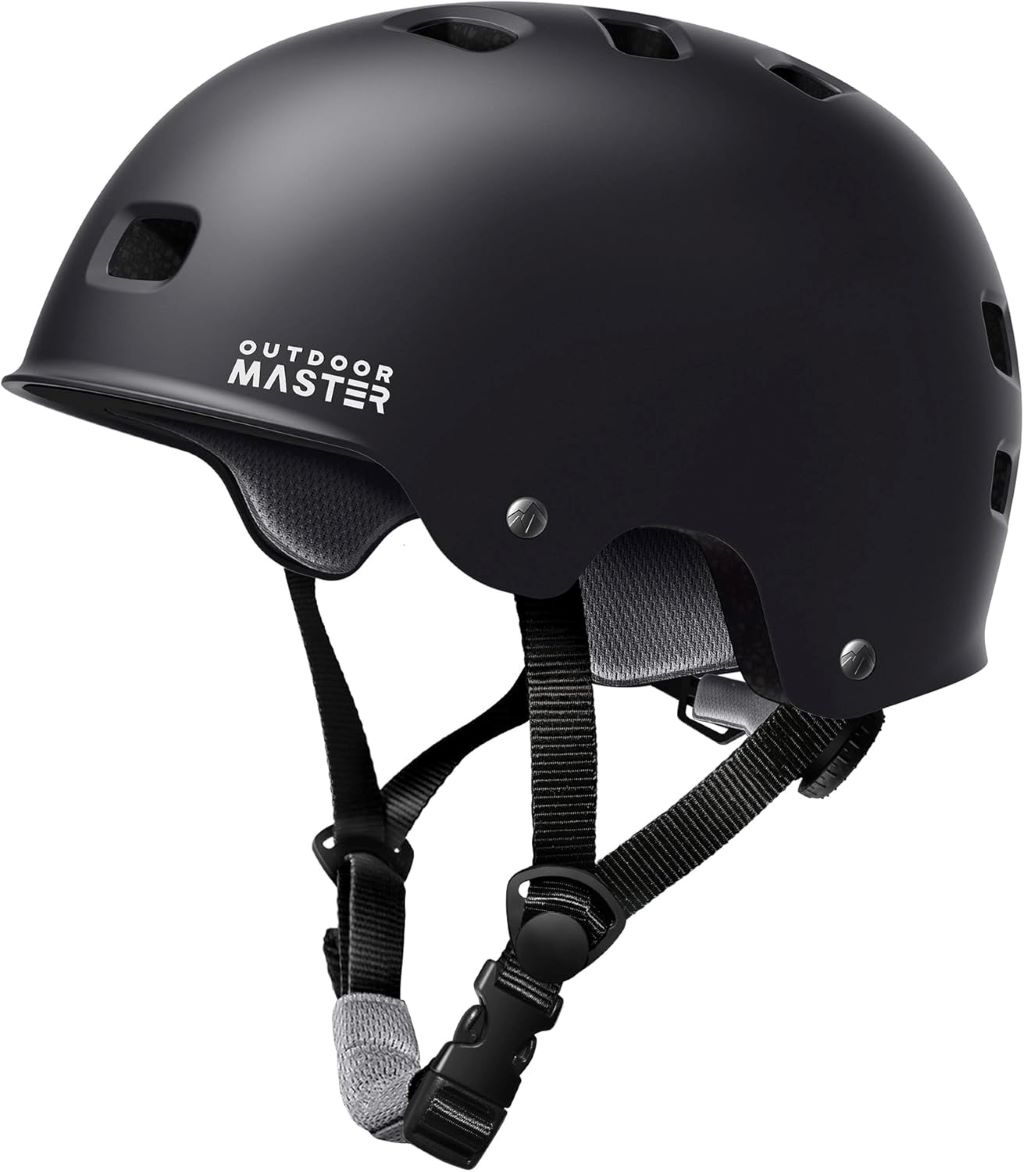Ever tripped over a skateboard lying on the sidewalk? Or maybe you’ve been startled by a skater whizzing past you? I know I have! It’s these kinds of situations that often lead cities to ban skateboarding in public spaces. But why is skateboarding illegal in public places, and is it really fair? Let’s dive deep into this and figure out why skateboarding often gets the short end of the stick. 🛹🚫
Safety First! 🚧
Okay, let’s be real, skateboarding can be a bit risky. Think about it: a person flying around on a wooden board with wheels. What could possibly go wrong? 😅
According to the National Safety Council, skateboarding injuries send thousands of people to the emergency room each year. Yikes! 🤕 And it’s not just the skateboarders themselves who are at risk. Pedestrians can get caught in the crossfire, leading to collisions and injuries.
Cities worry about liability. If someone gets hurt on their property because of skateboarding, they could get sued. Ouch! That’s a big reason why they often ban skateboarding in busy areas.
Property Damage 😠
Picture this: a beautiful marble plaza, all shiny and new. Now, imagine a skateboarder grinding on those ledges and railings. Not so pretty anymore, right? 😥
Skateboarding can definitely do a number on public property. Scratches, dents, and chips are just some of the battle scars left behind. This kind of damage costs money to repair, and guess who foots the bill? Yep, that’s right, taxpayers like you and me! 💸
Noise Complaints 🤫
Imagine trying to enjoy a peaceful afternoon in the park, but all you can hear is the constant clack-clack-clack of skateboards. Annoying, isn’t it? 😫
Skateboarding can be noisy, especially in areas with hard surfaces like concrete and metal. This can disrupt people trying to relax or have conversations. Noise complaints pile up, and cities often see banning skateboarding as the easiest solution.
The “Bad Boy” Image 😎
Let’s be honest, skateboarding has sometimes had a bit of a rebellious reputation. Think back to the 80s and 90s. Skateboarders were often seen as troublemakers, associated with graffiti and loitering.
This negative stereotype, whether deserved or not, has stuck with skateboarding in some places. It can make it harder for cities to see skateboarding as a legitimate activity and can influence their decision to ban it.
But Wait! There’s More to the Story! 🤔
Now, before you grab your pitchforks and march on city hall, let’s look at the other side of the coin. Banning skateboarding might seem like the easy way out, but it’s not always the best solution.
Skateboarding: It’s Not Just a Hobby, It’s a Sport! 🏅
For many people, skateboarding is more than just a way to get around. It’s a passion, an art form, and a legitimate sport! It requires skill, dedication, and athleticism.
Think about it: Olympic athletes now compete in skateboarding! 🤯 It’s time we start recognizing skateboarding for the amazing sport it is.
A Sense of Community ❤️
Skateboarding can create a strong sense of community. Skateparks and public spaces become gathering places for people who share a common interest. They learn from each other, support each other, and form lasting friendships.
Banning skateboarding can break up these communities and take away valuable social spaces.
A Creative Outlet 🎨
Skateboarding is a form of self-expression. It’s about pushing boundaries, trying new tricks, and developing your own style. It’s like a dance between the skater and the board. 💃🕺
When cities ban skateboarding, they’re limiting this creative outlet and stifling a form of personal expression.
Keeping Kids Active and Out of Trouble 💪

Instead of hanging out on the streets with nothing to do, skateboarding gives kids a positive activity to focus on. It keeps them active, teaches them perseverance, and helps them build confidence.
Studies have even shown that skateboarding can help reduce youth crime and delinquency! So, maybe instead of banning skateboarding, we should be encouraging it!
Finding Common Ground 🤝
Okay, so we’ve seen both sides of the argument. Skateboarding can be risky and cause damage, but it’s also a legitimate sport and a positive activity for many people. So, what’s the solution? 🤔
Designated Skateparks 🛹🏞️
The best way to address these issues is to create designated skateparks! These parks provide a safe and controlled environment for skateboarders to practice their skills without bothering pedestrians or damaging property.
Think of it like this: basketball players have courts, tennis players have courts, so why shouldn’t skateboarders have their own dedicated spaces? 🏀🎾
Education and Awareness 📚
We need to educate both skateboarders and the public about safety and responsible skateboarding. Skateboarders need to be aware of their surroundings and follow rules to prevent accidents and property damage.
The public also needs to understand that skateboarding is a legitimate activity and that not all skateboarders are troublemakers.
Clear Signage and Enforcement 🪧👮
Cities need to be clear about where skateboarding is allowed and where it’s not. Clear signage and consistent enforcement of rules can help prevent conflicts and ensure everyone’s safety.
Community Dialogue 🗣️
The most important thing is to have open communication between skateboarders, city officials, and the community. By working together, we can find solutions that benefit everyone and create a more inclusive environment for all.
You Might Enjoy: So Your Kid Wants a Kid’s Skateboard? Awesome! Let’s Find the Perfect One.
The Future of Skateboarding 🌟
Skateboarding is here to stay! It’s a dynamic and evolving sport that continues to grow in popularity. Instead of banning it, we need to find ways to embrace it and integrate it into our public spaces.
By working together, we can create cities that are welcoming to skateboarders while ensuring the safety and enjoyment of everyone.
People Also Loved:Is Tony Hawk the BEST Skateboarder Ever?
In Conclusion 📝
So, why is skateboarding illegal in public places? It boils down to concerns about safety, property damage, noise complaints, and sometimes, outdated stereotypes. But skateboarding is also a positive and valuable activity for many people.
The key is to find common ground. By creating designated skateparks, educating the public, and having open communication, we can create cities that are more inclusive and enjoyable for everyone.
Let’s embrace skateboarding and all the positive things it brings to our communities! 😊🛹




